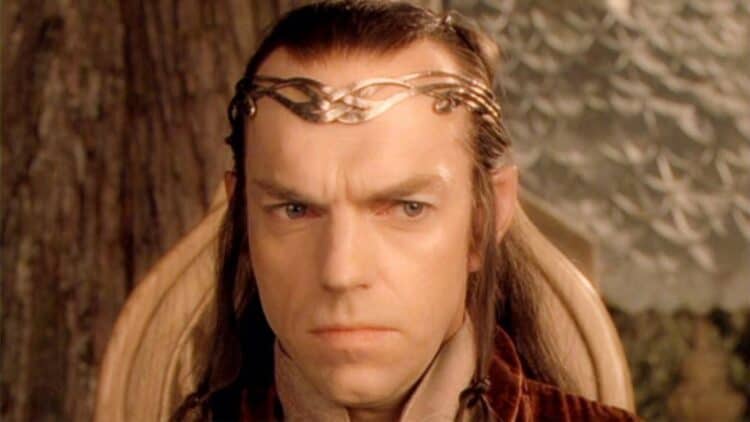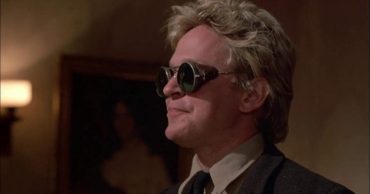
Some questions concerning certain actions or bouts of inaction in the movies have a simple answer that boils down to “There would be no movie”, meaning if things were simplified then there would be no point for the story. Sometimes it feels as though the nature of a character is a bit overexaggerated and taken to an extreme that makes no sense, but this is how many stories keep going when it doesn’t appear that such a thing should happen. Many people usually bust out the saying “Well, I would have done this” and many other personal reflections when it comes to scenes such as that which saw Elrond and Isildur within Mt. Doom, ready to cast the One Ring into the fires below. But as many still recall quite well, Isildur turned out to be a weak-minded individual that couldn’t help but spare the ring from being destroyed as he saw the power inherent in it, but not the risk of keeping it. Well, we know what happened to Isildur eventually, right? The ring kept broadcasting in its own way, drawing in creatures that could liberate it in some way.
But why didn’t Elrond end it then and there in Mt. Doom? Many might say that he’s simply capable of what would be cold-blooded murder, which could be accurate. It doesn’t feel as though Elrond would fear Isildur, as it’s very likely that Elrond could have wiped the floor with Isildur had it come to a sword fight. But simply letting the man walk by him without even trying to snag the ring feels like a last chance that was missed in a big way. In D&D terms, a sleight of hand check might have been worth the risk. Yes, I’m a nerd, and I own it. However, even if Elrond had been successful, there wouldn’t have been a story. Or would there?
Killing Isildur wouldn’t have been a good idea anyway since it would have left Elrond with the need to explain why he’d done such a thing. Such an act would have no doubt created a huge divide between the elves and the humans, and it’s even possible that Aragorn wouldn’t have been able to make his way to Rivendell at one point. One act could have changed the story in a big way had Elrond decided not to let Isildur pass, but Tolkien obviously saw this as the best way forward, and so three movies later, it became obvious that had Elrond taken matters into his own hands, quite a bit would have been lost, especially considering that without Isildur’s greed, this story would have been very different. Looking deeper into Elrond’s past it doesn’t feel as though he would have balked at this without fail, but it does feel that since he’s a skilled fighter and not a mindless killer, he was likely weighing his options at one point. That sounds a bit silly to try and guess what a fictional character is thinking, but it’s hard to avoid it as well, since one can’t help but think that standing there, urging someone to throw something that’s so undeniably evil into the one place where it can be destroyed, is what many of us would do.
It would be insanely annoying, maddening even, to see the look that came over Isildur’s voice just before he refused to destroy the ring. How many people would have taken the risk and simply tossed him into the lava? The best interest of Middle-Earth was toss the ring in the fire, and barring that, tossing Isildur in with the ring would have been another option. Practical solutions don’t tend to be a great way to keep a movie rolling forward, but they are great questions to ponder since they keep things interesting and might even inspire people to come up with new ideas that might be kind of interesting in the days and years to come. There are plenty of people who would say ‘who cares’ while citing toxic fanbases when it comes to thinking about things like this, but the truth is that toxic fandom has nothing to do with this, at least until it comes to those fans that love to take things too far and act in a superior manner to many others.
But questions such as this are usually minor ponderings that become discussions and, sometimes, debates when conflicting ideas come up against each other. All the same, entertainment tends to thrive on questions like this since they become an interesting part of the business that might not warrant a lot of serious thought that could change anything, but they do pose a lot of ‘what if’ scenarios that could be seen in other stories. Placing oneself in Elrond’s situation makes it easy for a lot of people to claim that they would definitely do something, or would do just as he did and let fate play out as it would.
 Follow Us
Follow Us





